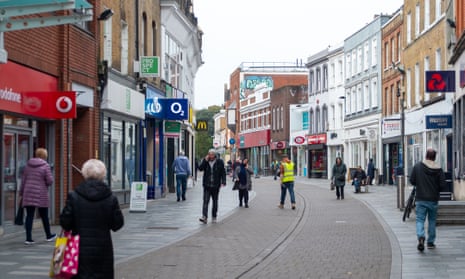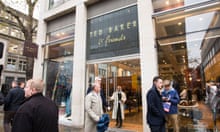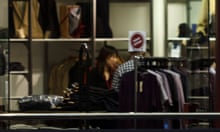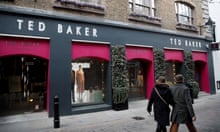Retail sales in Great Britain unexpectedly stalled in March as consumers cut back on spending because of the cost of living, according to new data.
British retail sales volumes stagnated at 0% in March after an increase of 0.1% in February, according to the Office for National Statistics.
The figures were worse than the 0.3% sales growth expected by economists polled by Reuters as a contraction in food sales and department stores offset higher sales elsewhere.
“Retail sales registered no growth in March. Hardware stores, furniture shops, petrol stations and clothing stores all reported a rise in sales,” said Heather Bovill, an ONS senior statistician.
“However, these gains were offset by falling food sales and in department stores where retailers say higher prices hit trading. Looking at the longer-term picture, across the latest three months retail sales increased after a poor Christmas.”
On an annual basis, sales volumes rose 0.8% over the year to March 2024, weaker than the 1% expected.
The gloomy figures underline the dilemma for the Bank of England over when to start cutting interest rates, as it grapples with the twin threat of weak growth and higher than expected inflation in March.
Earlier this week, Andrew Bailey, the governor of the Bank of England, said he expected a sharp fall in inflation, which now stands at 3.2%, next month. Figures this week also showed the jobs market had cooled as the unemployment rate rose to 4.2%. Decisions on interest rates would be influenced by service sector inflation, earnings growth and the state of the labour market, Bailey said.
Alex Kerr, an assistant economist at Capital Economics, said the outlook for 2024 was brighter because of the prospect of interest rate cuts and a boost to consumers from falling inflation and the 2p cut to national insurance in April.
after newsletter promotion
“However, today’s release may mean that the Bank of England is less worried about the possibility of a US-style resurgence in GDP growth and stalling in disinflation,” he added.
Lisa Hooker, the PwC leader of industry for consumer markets, said: “What is clear is that the first quarter of the year has been disappointing for many retailers. Lower inflation and the first 2% cut to national insurance, which was felt in January’s pay packets, have yet to translate into a sustained recovery in spending.”
She also said she was “optimistic that the picture will improve from April onwards”, particularly if inflation hits the Bank of England’s 2% target, as many economists predict.










